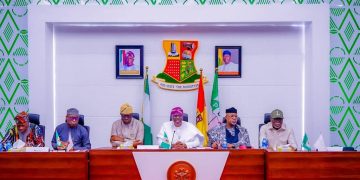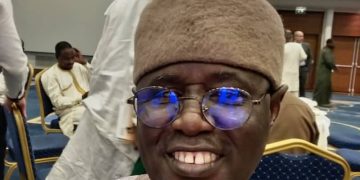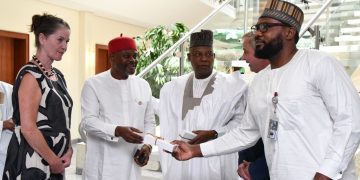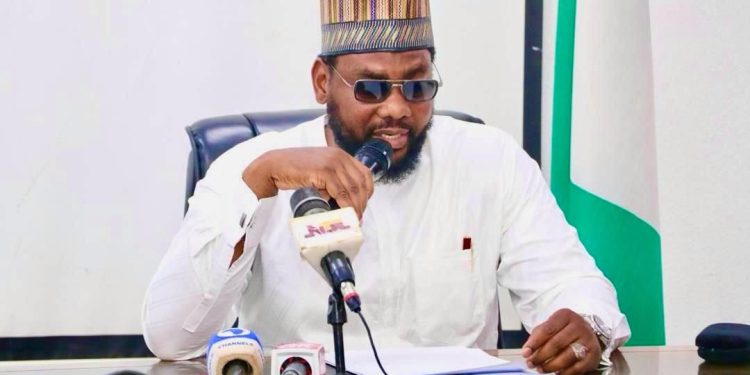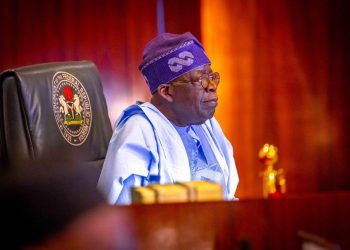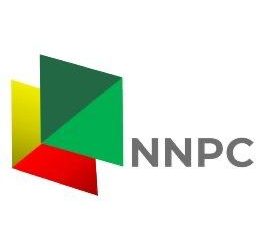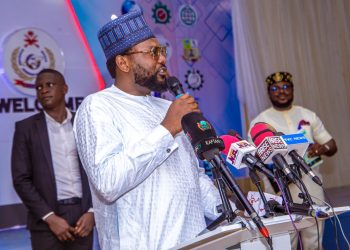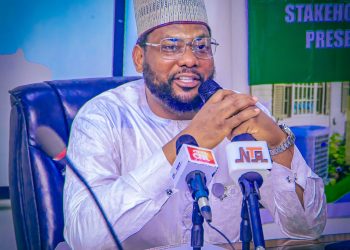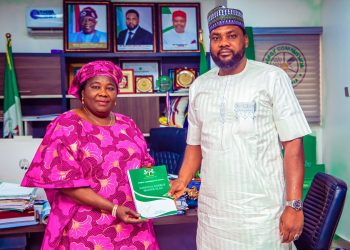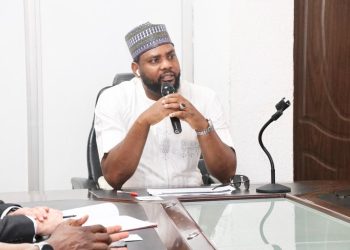Kikelomo Adeleye, 25th April, 2025

News SOCIETY WATCH following for you : The Director-General of the Energy Commission of Nigeria (ECN), Dr. Mustapha Abdullahi, has described the Presidency’s ₦10 billion solar power project as a critical step toward securing a sustainable energy future for Nigeria. His remarks address ongoing public debate and criticism surrounding the initiative.
During a Friday media briefing at the ECN Headquarters in Abuja, Dr Abdullahi defended the project as a “strategic investment in sustainability, self-reliance, and universal energy access.” The initiative aligns with President Bola Ahmed Tinubu’s commitment to transforming Nigeria’s power sector, providing stable electricity and prepaid meters nationwide.
Dr Abdullahi highlighted Nigeria’s energy debt crisis, noting that federal institutions, including the Presidential Villa, owed the Abuja Electricity Distribution Company (AEDC) ₦47.1 billion in unpaid bills before President Tinubu took office. “Transitioning to solar energy is not just about cost-cutting; it’s about creating a model for efficiency and shielding Nigerians from rising tariffs,” he said. He cited global successes, such as Kenya’s solar-powered rural grids, Bangladesh’s solar home systems, the United States’ White House, and Germany’s renewable-driven industrial sector.
The project is expected to deliver significant economic and social benefits, including job creation in solar manufacturing, installation, and maintenance, while encouraging innovation among Nigerian engineers and entrepreneurs. It will also reduce pressure on the national grid. Dr Abdullahi emphasised its role in decentralising energy access: “This is not just about powering Aso Rock; it’s about planting seeds for renewable systems to electrify rural communities, empower the underserved, and ensure energy equity.” The initiative is part of broader reforms across Nigeria’s power value chain, from generation to distribution.
Defending the ₦10 billion investment, Dr Abdullahi urged Nigerians to focus on its long-term benefits. “History will remember this project as the spark that ignited Nigeria’s energy revolution, a future where clean, affordable power is accessible to all,” he said. The solar initiative supports President Tinubu’s agenda to eliminate energy debt, reduce governance costs, and position Nigeria as a leader in renewable energy. “This is the pathway to uninterrupted, sustainable electricity, and the cost is minimal compared to its transformative legacy,” Dr Abdullahi concluded.




